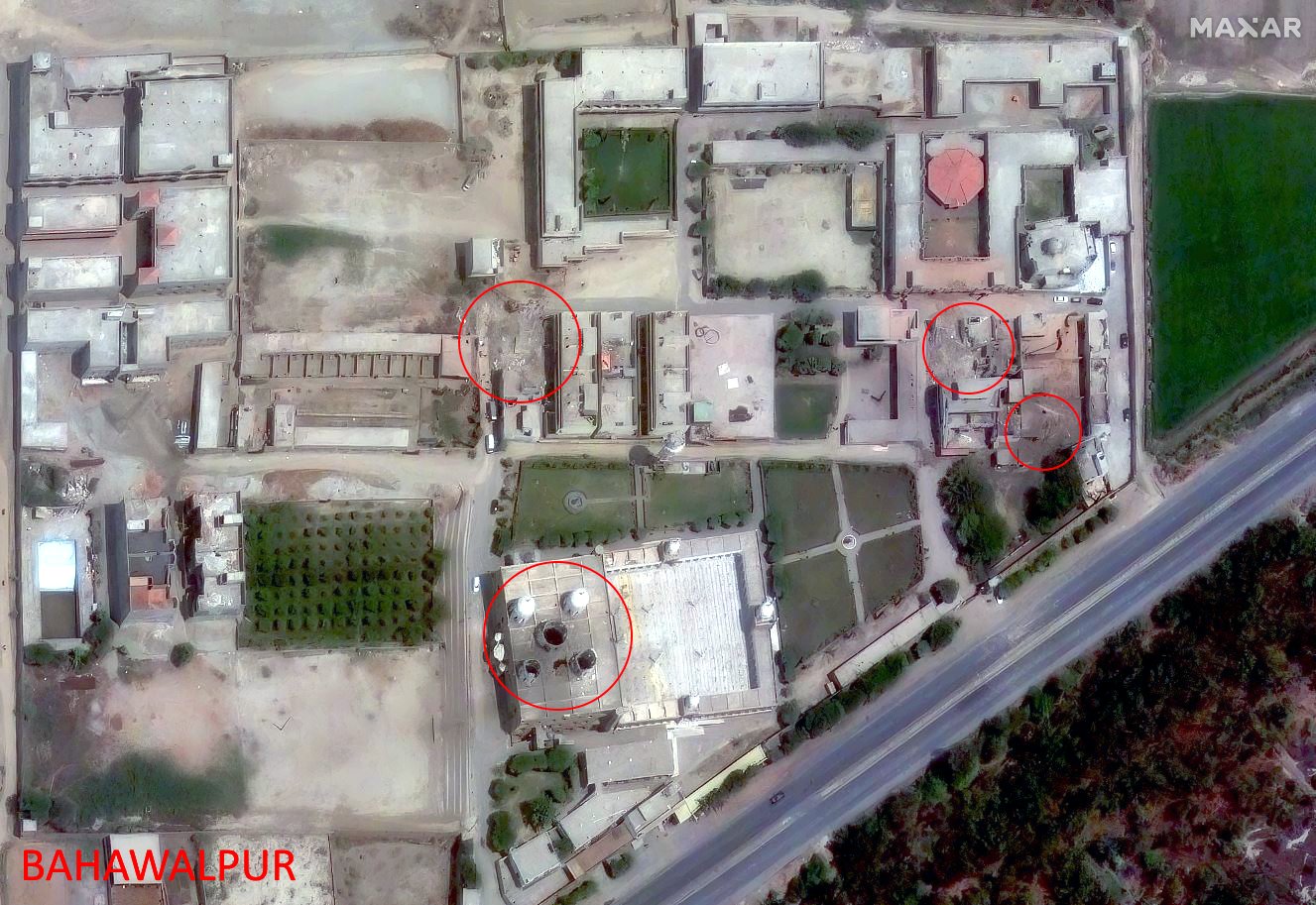This was a week of the momentous day. On Friday, Prime Minister Narendra Modi addressed the nation and said that his government had decided to repeal the three farm laws that had, for over a year, sparked a farmers’ agitation.
A government that has made strong-ness its calling card, and that prides itself on not bending to political opponent or protester, a government that weathered the storm on the abrogation of Article 370 and turned its back on the agitation against the CAA-NRC till the pandemic sent the protesters home, and that projects all protest as anti-national and unpatriotic, has made a very public climbdown to meet the demands of the farmer it called “Khalistani” and “upadravi (anarchic)” till the day before Friday.
Last heard, the farm union leaders are pressing for more — a legal guarantee for MSP, among other things. The negotiation with the Centre may still continue. Yet this is a moment to pause at, and reflect on.
As is being said, the approaching assembly elections — Punjab and UP among them — may well have something to do with the Modi government's retreat. But it may also have been brought about by the realisation that the farmers’ movement had grown into something larger than any government can handle in a democracy.
Punjab may be only one state among 28, but its location on the border and its being the home of the Green Revolution lends it a much larger resonance. As politicians, from those in the BJP to the no-longer-in-Congress Amarinder Singh, repeatedly allude to its status as a border state, however, almost always in grim tones, they may be wilfully missing a point — the self-image of the people of Punjab draws more from a legacy of abundance bequeathed by the long-plateaued Green Revolution than from any insecurity or fearfulness that might come from having Pakistan as their immediate neighbour.
The essential robustness of the Punjabi is not a cliche. It is shored up by the fighting spirit and generosity of the Sikhs, who are a majority in Punjab and a minority in the country. In the Sikhs, the sense of being a minority does not, for the most part, evoke powerlessness or antagonism vis a vis the majority. Rather, it is subsumed in a vigorous anti-Centre politics and orientation.
What the Modi government refused to see, what it denied so far, and what it just may have acknowledged now, is that the Centre’s intransigence on the three laws, starting from the manner in which they were pushed through, had struck sparks off a confident people who also happen to be undergoing several crises at present.
These crises range from increasingly unremunerative terms of agriculture to the draining of industry and bypassing of Punjab by the IT revolution. The state’s young are migrating to foreign shores more out of distress than wanderlust. Everything has been made worse by the larger economic slump and then the pandemic. It was at this time that the Centre, in the Punjab farmer’s eyes, through its three laws, sought to meddle with the one remaining assurance and certainty, the MSP.
The farmers’ movement had travelled across the state, and struck deep roots, tapping into wellsprings of defiance more than defeatism. Over the last year or so, with every day that it went on, the investment in it only increased — in terms of time and energy, material and emotion — as also the toll it was taking.
I travelled a year ago, in December 2020, across Malwa, Doaba and Majha, Punjab’s three distinct regions, to get a sense of the movement that had, in November, arrived at Delhi’s door. I travelled again to Amritsar and its surrounding areas and to Chandigarh, this September.
On the second journey as much as in the first, the evidence seemed unmistakable — the movement, as leaderless and fragmented as it was, and for all its apparent incoherence — was still rallying together the people of a state behind an image that remained powerful and evocative: Of farmers camped out in the open against an unseeing Centre. Even a year later, this image was relegating scepticism, blunting conflicts and contradictions.
In the end, the essential merits of the three farm laws became a footnote to the story. In the end, the Centre’s momentous step back may have come not a day too soon.

No comments:
Post a Comment